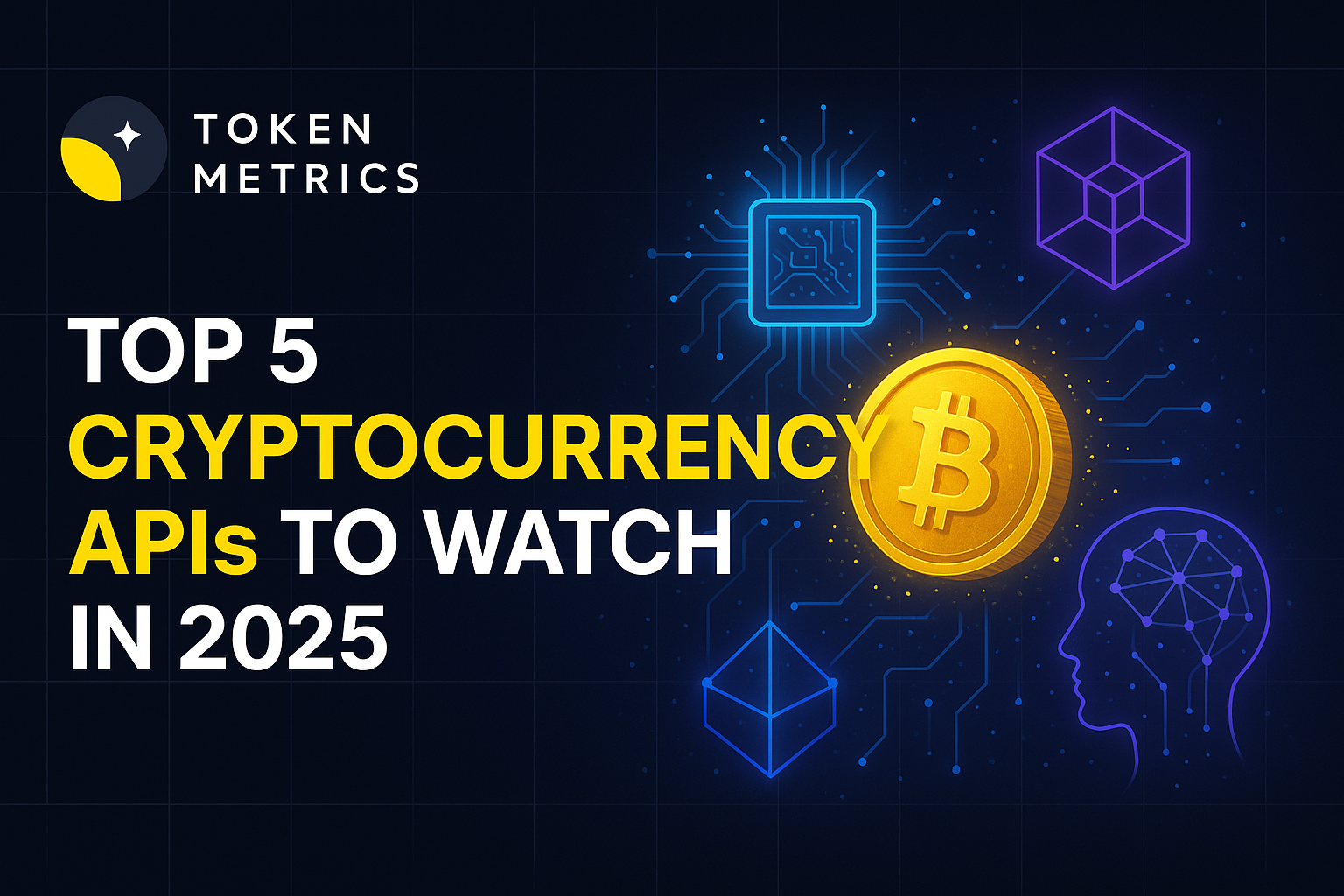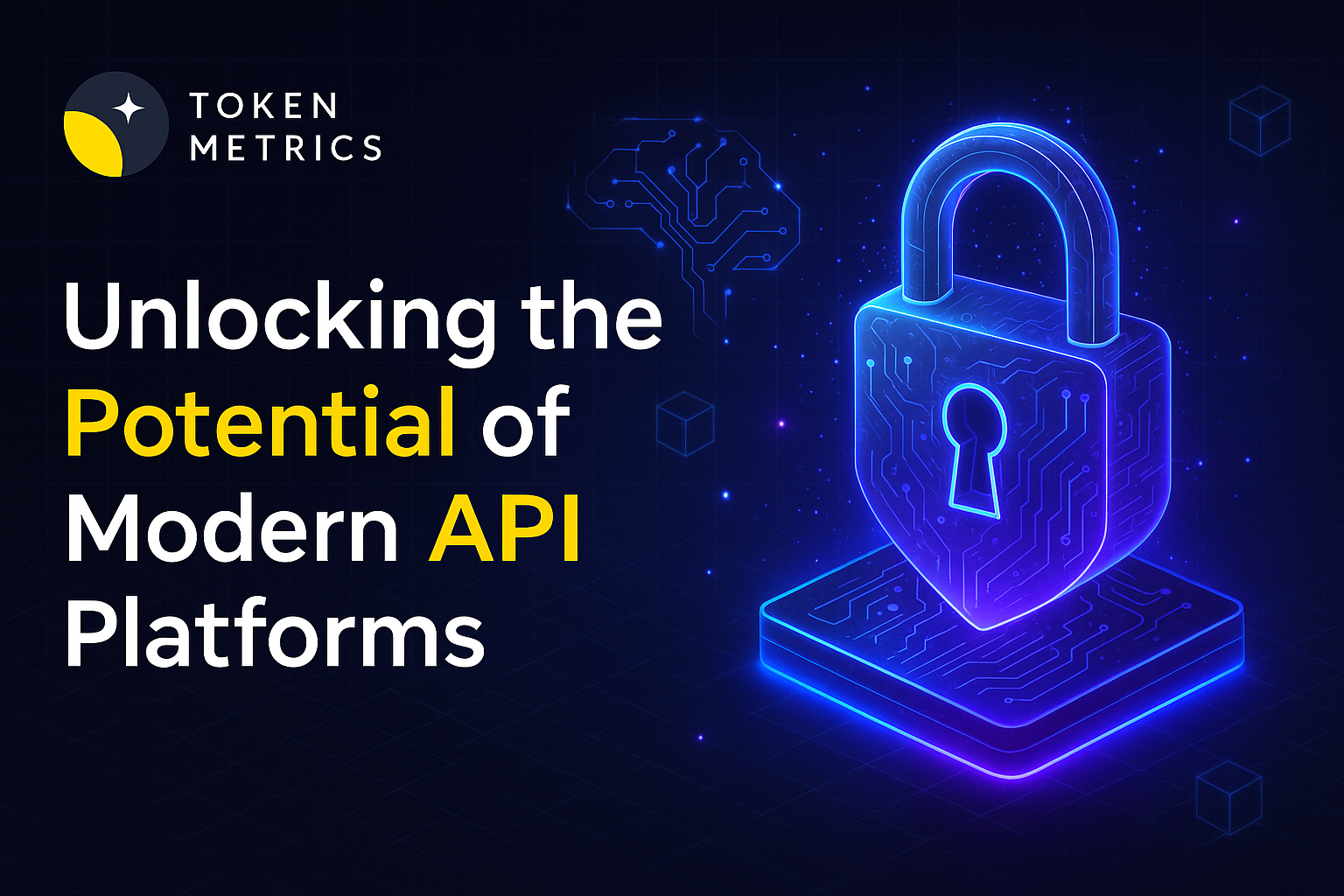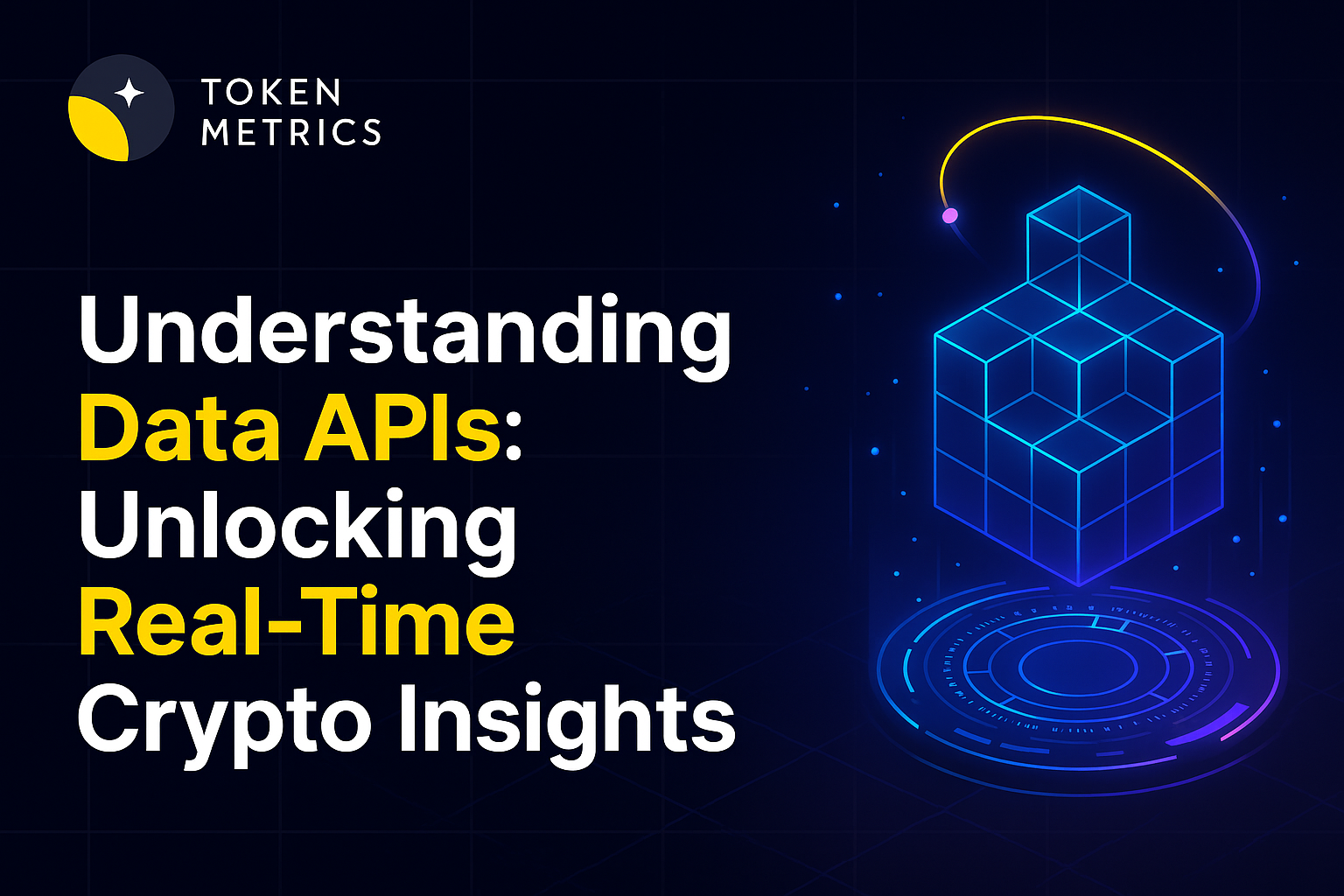NFTs Explained: What Are Non-Fungible Tokens?

NFTs, or non-fungible tokens, are gaining widespread popularity in the market for digital art and collectibles. In recent years, NFTs have become a cultural phenomenon, attracting the attention of crypto enthusiasts, digital art creators, and celebrities alike. As the Web 3.0 ecosystem continues to grow and adoption increases, many believe that NFTs will play a key role in the ownership of assets online.
So what are NFTs? Let's find out.
NFT Basics
NFTs, or non-fungible tokens, are a type of digital asset that represents ownership of something on the blockchain.
NFTs can be anything such as art, collectibles, music, profile pictures or PFP, DAO memberships, event tickets, gaming assets, virtual land, domain names, and so on. They can represent either completely digital assets or tokenized versions of assets that exist in the real world. Currently, there is a lot of excitement around using NFTs to sell virtual art.
Characteristics of NFTs
- Ownership: NFT represents digital ownership of an item on a blockchain
- Permanent: NFTs have data permanently stored within the token. This information includes images, messages, signatures, or any other data
- Programmable: An NFT can be programmed to do anything. For example, an NFT artwork might be programmed to pay the artist royalties on every secondary sale of that artwork
- Unique: NFTs are unique, and that uniqueness can be confirmed on a blockchain
How to Make an NFT
To create an NFT, or non-fungible token, you will need to first prepare your media file. NFTs can support a wide range of file types, including audio, images, and even 3D files. Some popular file types that are supported by NFTs include MP3, JPG, PNG, and GIF. You can also use 3D file formats like GLB to create NFTs that represent unique, digital objects.
Once your media is ready, you will need to set up a non-custodial wallet to securely store the cryptocurrency that you will use to buy, sell, and create NFTs. Non-custodial wallets are important because they allow you to retain control of your private keys, which are needed to access your cryptocurrency and make transactions. There are many different wallet options available, so it is important to do your research and choose one that is secure and user-friendly.
Once you have set up your wallet, you will need to buy Ethereum, or other fungible tokens depending on the blockchain being used, to cover the cost of minting your NFT. Ethereum is the most commonly used blockchain for NFTs, and it is typically the easiest to get started with. You can buy Ethereum using a variety of methods, including through a cryptocurrency exchange or from other individuals who are willing to sell.
Once you have your Ethereum, you will need to connect your wallet to an NFT marketplace like Rarible or OpenSea. These platforms allow you to easily create and mint your NFT, as well as trade and purchase NFTs created by others. To connect your wallet, simply tap the "Connect" button in the top right corner of the marketplace's website. This will create an account for you on the platform and allow you to begin creating your NFT.
To create your NFT, upload your media file to the platform and provide a description of your asset. You can choose to create a standalone piece, or create multiple NFTs of the same piece, each with its own unique characteristics. You can also set rules around royalties and other aspects of your NFT to ensure that you are fairly compensated for your work.
Once you are ready to mint your NFT, the process will require you to pay a small amount of ETH for transaction fees. This is necessary to get your NFT added to the blockchain and verified as unique. Once your NFT is minted, it will be available for trade and purchase on the marketplace. You can monitor the progress of your NFT and track its sales through your wallet or the marketplace's website.
NFT Secondary Markets
Creators make NFTs using blockchain-based minting platforms to retain more control over their creative output. Once NFTs are minted on a non-custodial wallet-compatible website, collectors and traders can sell these assets on the secondary market.
Here is a list of the most used NFT marketplaces:
- OpenSea: OpenSea is the first and largest marketplace for NFTs. OpenSea is building tools that allow consumers to trade their items, creators to launch new digital works, and developers to build rich, integrated marketplaces for their digital items. It recently announced the support for Solana-based NFTs.
- Coinbase NFT: Coinbase, a cryptocurrency exchange, recently launched its NFT marketplace in beta version to the public. This marketplace acts as a social media platform in which users can not only buy and sell NFTs but also interact with and showcase their collections using user profiles, likes, and comments.
- Solanart: Solanart is the first and largest fully-fledged NFT marketplace on Solana. Users can get quick and easy access to digital collectibles, and explore, buy, and sell NFTs that run on the Solana blockchain.
- Rarible: Rarible is a do-it-yourself NFT marketplace where you can mint NFTs when and how you please. Creators are highly favorable towards Rarible, as the minting process is free, easy, and unrestricted. Rarible’s native governance token “RARI” is used to incentivize platform users and give the community members a voice.
- Nifty Gateway: Nifty Gateway is owned by the Gemini crypto exchange and has become one of the most known NFT marketplaces lately. They focus on viral drops from artists like Beeple, Trevor Jones, Pak, and more.
- SuperRare: SuperRare (SR) is one of Ethereum’s debut crypto-art NFT marketplaces. Artists must be accepted to the platform before they can list their assets.
Notable NFT Projects
NFT-based companies have seen significant growth in recent years. Some notable examples include:
- Yuga Labs: a blockchain technology company that creates Ethereum-based NFTs and digital collectibles. Yuga's most valuable NFT collection is Bored Ape Yacht Club, which has seen a floor price of over 150 ETH at its all-time high. In addition to apes, Yuga has also created dog NFTs, mutant apes, and deeds for its Metaverse. The company recently acquired Larva Labs, bringing high-value projects like Cryptopunks and Meebits under the Yuga brand. Yuga is backed by investors like Coinbase, Samsung, and Mark Cuban.
- Doodles: a collection of 10,000 Ethereum-based NFTs created by artist BurntToast. The Doodles collection includes a wide range of visual traits, heads, costumes, and colorways. Owners of Doodles NFTs have exclusive access to new experiences like Space Doodles and Dooplicator.
- Okay Bears: a collection of 10,000 Solana-based NFTs. Ownership of an Okay Bear grants access to a community of collectors and exclusive products, merchandise, and events.
Investing in NFTs
NFTs, or non-fungible tokens, provide many benefits as an investment vehicle.
One of the main advantages of NFTs is that they allow physical objects, such as artwork, to be tokenized.
Additionally, NFTs offer greater liquidity for investors, making it easier to trade and sell their assets.
The Future of NFTs
NFTs offer a new way to represent and prove ownership of assets on the blockchain.
This technology has already been used for digital art, collectibles, and in-game assets, but it has the potential to be applied to a wide range of other industries as well. For example, tokenized real estate could provide a way for people to invest in property without the barriers to entry that currently exist.
High-end fashion brands like Louis Vuitton have also expressed interest in using NFTs to track the ownership of luxury items.
Additionally, NFTs can be used to tokenize certifications, degrees, and licenses, providing a way to securely track and maintain this sensitive data on the blockchain.
Overall, the potential applications for NFTs are nearly limitless.
Create Your Free Token Metrics Account

.png)




%201.svg)
%201.svg)


%201.svg)










.svg)




.png)